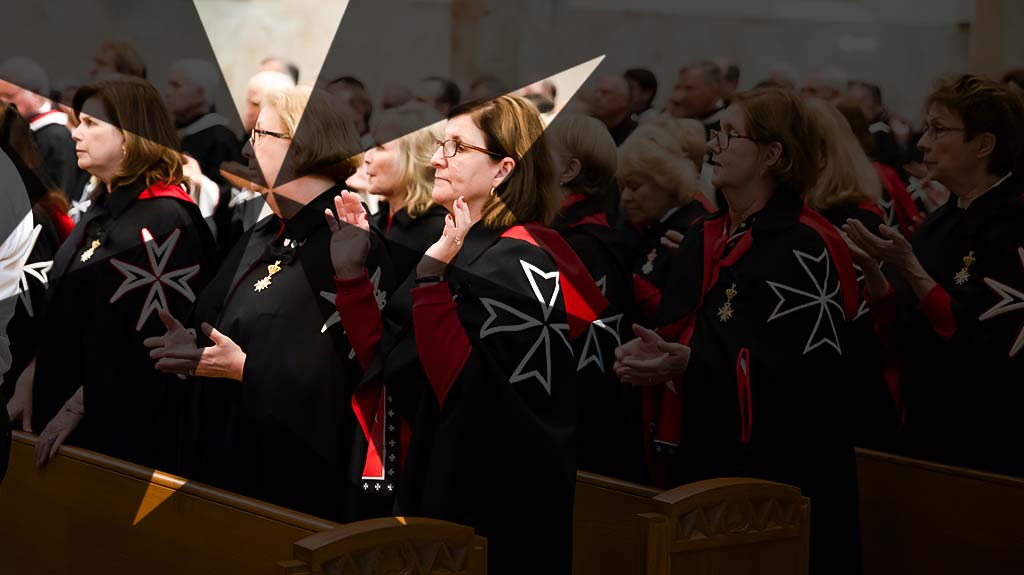This month we celebrate the Solemnity of Mary’s Assumption, a feast most of us take for granted. However, this was not always the case. Mary was honored from the Church’s earliest days, but her place in the Church’s formal liturgical life came only in the 5th Century. Ironically, scholars suggest, the reason for the delay is Mary’s Assumption. In the early days of our worship, devotion to the saints was attached to their tombs. But because no church claimed possession of Mary’s tomb, her public, liturgical honor was slow to develop.
Pope Francis is only the latest of the Church’s writers to reflect on Mary’s merciful role in our salvation:
Her entire life was patterned after the presence of mercy made flesh…. At the foot of the cross, Mary...witnessed the words of forgiveness spoken by Jesus. This supreme expression on mercy towards those who crucified him show us the point to which the mercy of God can reach. Mary attests that the mercy of the Son of God knows no bounds and extends to everyone, without exception. Let us address her in the words of the Salve Regina…that she may never tire of turning her merciful eyes upon us, and make us worthy to contemplate the face of mercy, her Son Jesus. (MV, 24)
We may be forgiven, these days, if we approach the news with dread, and mercy is probably not our first thought when we read of terrorist attacks that claim the lives of shoppers in Germany or an aged priest celebrating Mass in France. And yet, Jesus begged mercy for his executioners, and gave us his Mother as an example, that we might not forget how to beg that same mercy for those who wreak such havoc in our lives.
In Munificentissimus Deus, his letter defining the Dogma of the Assumption, Pope Pius XII observed, “…just as the glorious resurrection of Christ was an essential part of this victory [over sin and death] and its final trophy, so the struggle shared by the Blessed Virgin…was to end in the glorification of her virginal body.”
That word “struggle” sums up the often daunting challenge of mercy; the word “shared” offers consolation and hope as we face the challenge. Both remind us that although sin remains a sad fact of our daily lives, we are not alone in our effort to confront – and overcome – it with God’s love.
As last month drew to its close, our Holy Father, in Poland for World Youth Day, visited Auschwitz, where he wrote in the memorial book: “Lord, have mercy on your people! Lord, forgiveness for so much cruelty.” These words are a powerful reminder that we do not have the luxury of simply extending mercy to others; we must also beg God’s mercy for ourselves. “Turn then, most gracious advocate, your eyes of mercy toward us…and show unto us the blessed fruit of your womb, Jesus!”
by Father Reginald Martin OP

